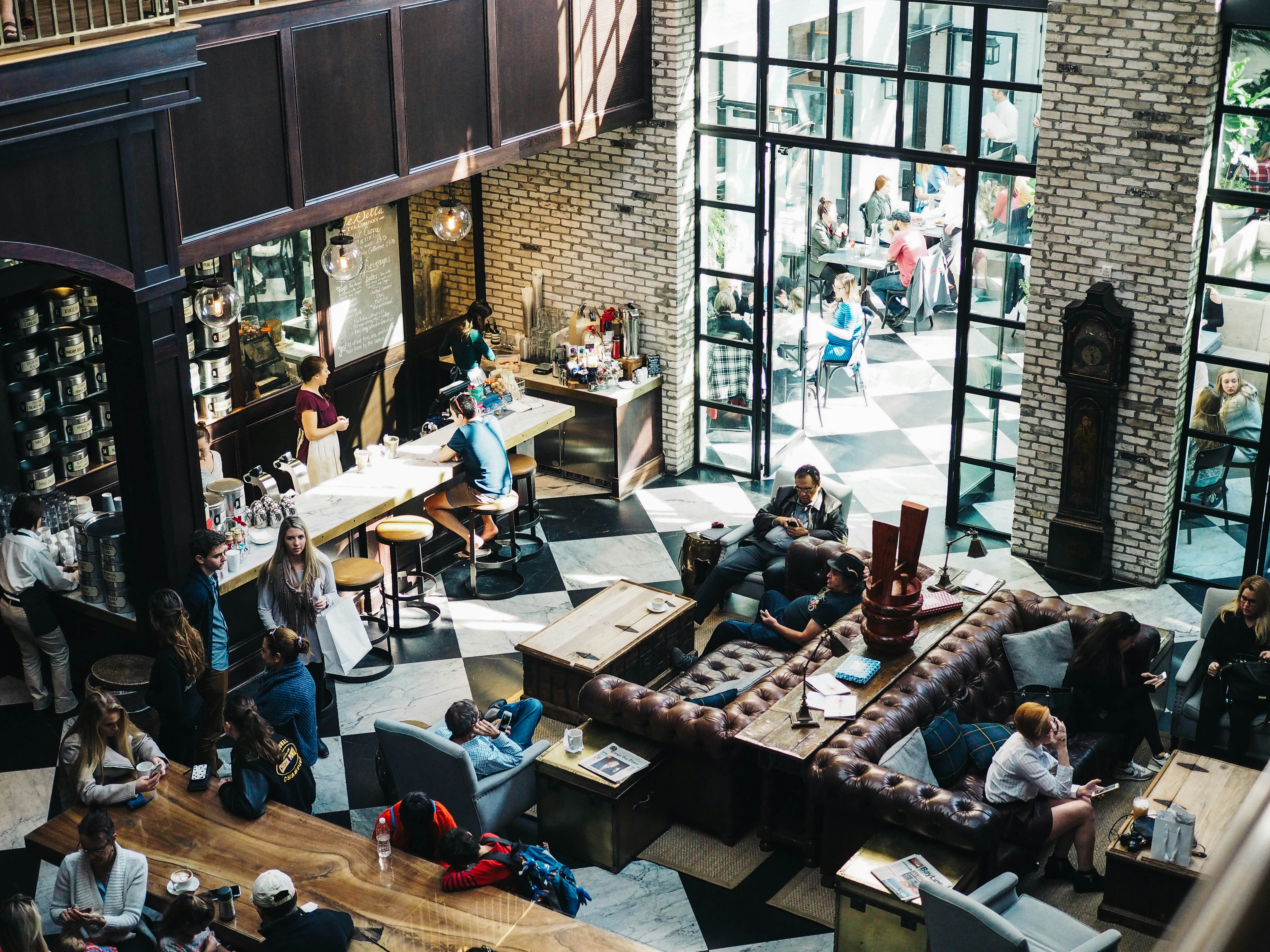
Where Do Digital Nomads Work
Discover the types of places digital nomads choose for remote work and how to find them in any city
You land in a new city and need to work. Your hotel room feels like a prison. You walk the streets looking for WiFi signs and power outlets. Half the places you try kick you out after an hour.
This is the nomad’s daily struggle.
Coffee Shops
Coffee shops are the classic nomad workspace. They offer caffeine, atmosphere, and usually WiFi. But not all coffee shops welcome laptops.
Some have no-laptop policies during rush hours. Others provide weak WiFi that cuts out during video calls. Power outlets hide in corners or don’t exist.
The good ones become nomad magnets. You’ll spot them by the MacBook density and the hum of productivity.
Coworking Spaces
Coworking spaces solve the reliability problem. They offer fast internet, plenty of power, and desks built for work. You pay for certainty.
Day passes range from $15-50. Monthly memberships work for longer stays. Some chains offer global access.
The downside? Cost adds up. The atmosphere can feel sterile compared to local cafes.
Libraries
Public libraries are free and quiet. Many have WiFi, computers, and study areas. They’re perfect for focused work.
Hours vary by location. Some close early or on weekends. Policies on food and drinks differ. Research before you go.
Hotel Lobbies
Hotel lobbies offer comfortable seating and reliable WiFi. Business hotels cater to remote workers. You don’t need to be a guest.
Security might question you. Order a drink to establish legitimacy. Avoid peak check-in times.
Cafes and Restaurants
Local cafes beyond coffee shops can work well. Look for places with varied seating and slower turnover. Brunch spots between meal rushes work great.
Restaurant WiFi passwords change frequently. Staff turnover means inconsistent laptop policies. Test before settling in.
Finding Good Spots
Research beats wandering. Check Google reviews for mentions of WiFi, laptops, and remote work. Look for photos showing people with computers.
Digital nomad communities share recommendations. Facebook groups and Reddit threads reveal local favorites. But verify before trusting.
Ask locals where they work remotely. They know the hidden gems and recent policy changes.
Cultural Considerations
Laptop etiquette varies by country. What’s normal in one place seems rude in another. Learn local customs.
Some cultures view public laptop use as showing off. Others embrace the digital nomad lifestyle. Observe before you set up.
Tipping expectations affect your welcome. In some countries, buying one coffee for six hours won’t work. Order regularly or find places that encourage lingering.
The Verification Problem
The biggest challenge is uncertainty. You waste time visiting unsuitable places. You get kicked out mid-project. You can’t plan your day.
Most review sites don’t focus on remote work needs. They mention food and service, not power outlets and WiFi speed.
The US Solution
Study Near Me solves this problem for US travelers. We verify every location for remote work suitability. Our team checks WiFi speed, power availability, and laptop policies.
You know before you go whether a place welcomes remote workers. No more wandering. No more getting kicked out. Just reliable workspaces in every city.
The nomad life is about freedom. Don’t let workspace uncertainty hold you back.